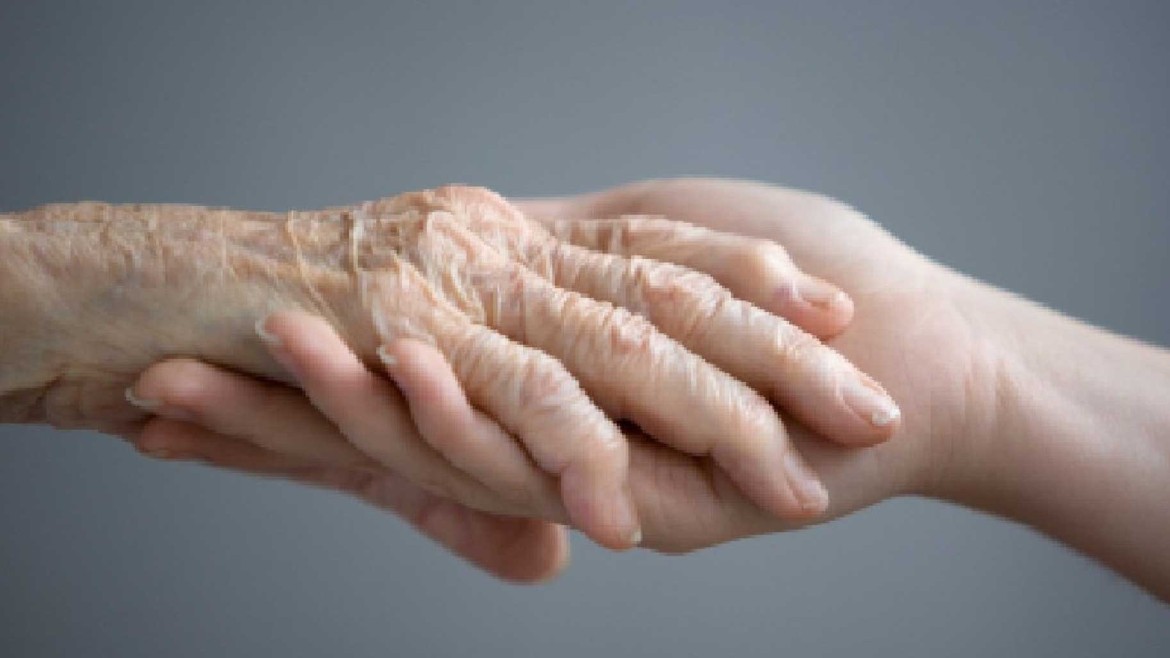Caregiver = Angel
Approximately one year ago I learned what it was really like to be a caregiver and the receiver of care. In December of 2007 I had ankle surgery and was told by the Doctor that I couldn’t put weight on the ankle for six weeks. As a result I was confined to a wheelchair and a walker ( I had a terrible time using crutches) I needed help taking a shower, getting into the bathroom, couldn’t negotiate stairs and generally had a difficult time taking care of myself.
I was home and away from work for over a month. During that period of time my wife had the primary responsibility of taking care of me. I learned how frustrating it was to be relatively helpless. But more important than that I realized the pressure I put on my wife to take care of me. Every time I needed something I expected her to be immediately available to get it for me. I often found myself calling out her name ( sometimes yelling it) and waiting for her to arrive to fulfill my request. One time when she was in the basement washing clothes I yelled her name for a good twenty minutes. I thought she had left the house and gone somewhere, I panicked. I found that I often became irritable and grumpy when it took her more than a few minutes to respond.
Our caregiving experience only lasted about 30 days. I imagined what it would be like if Mary had needed to take care of me for months and even years. Then I thought of some of my client families with one spouse debilitated by a stroke, Parkinson’s Disease or dementia. And of course you know who the caregiver is 90% of the time. It is a wife, daughter or daughter in law. How many of us men would have the stamina and patience to take care of a spouse or our parents?
These women are angels. They take better care of their parents and husbands than themselves. But unfortunately this takes a toll. They often have to leave the workplace to take care of a family member. As a result they often lose income, retirement benefits and seniority inside their company. But worse than that they often suffer physically from being a caregiver. Stress and physical exhaustion takes it’s toll, often making them sicker than those they take care of.
We must take care of these angels, our wives, daughters and daughters in law. Because we know that they would take care of us.




